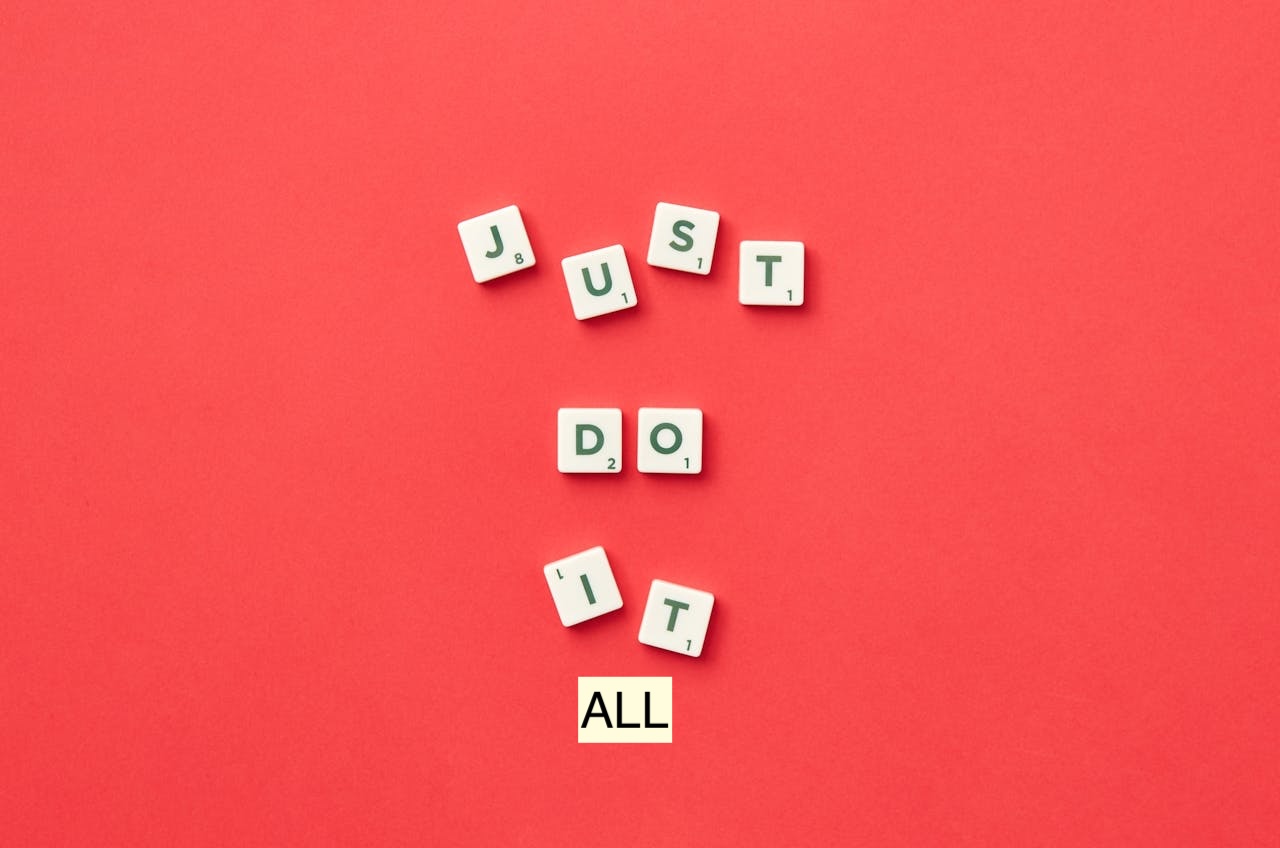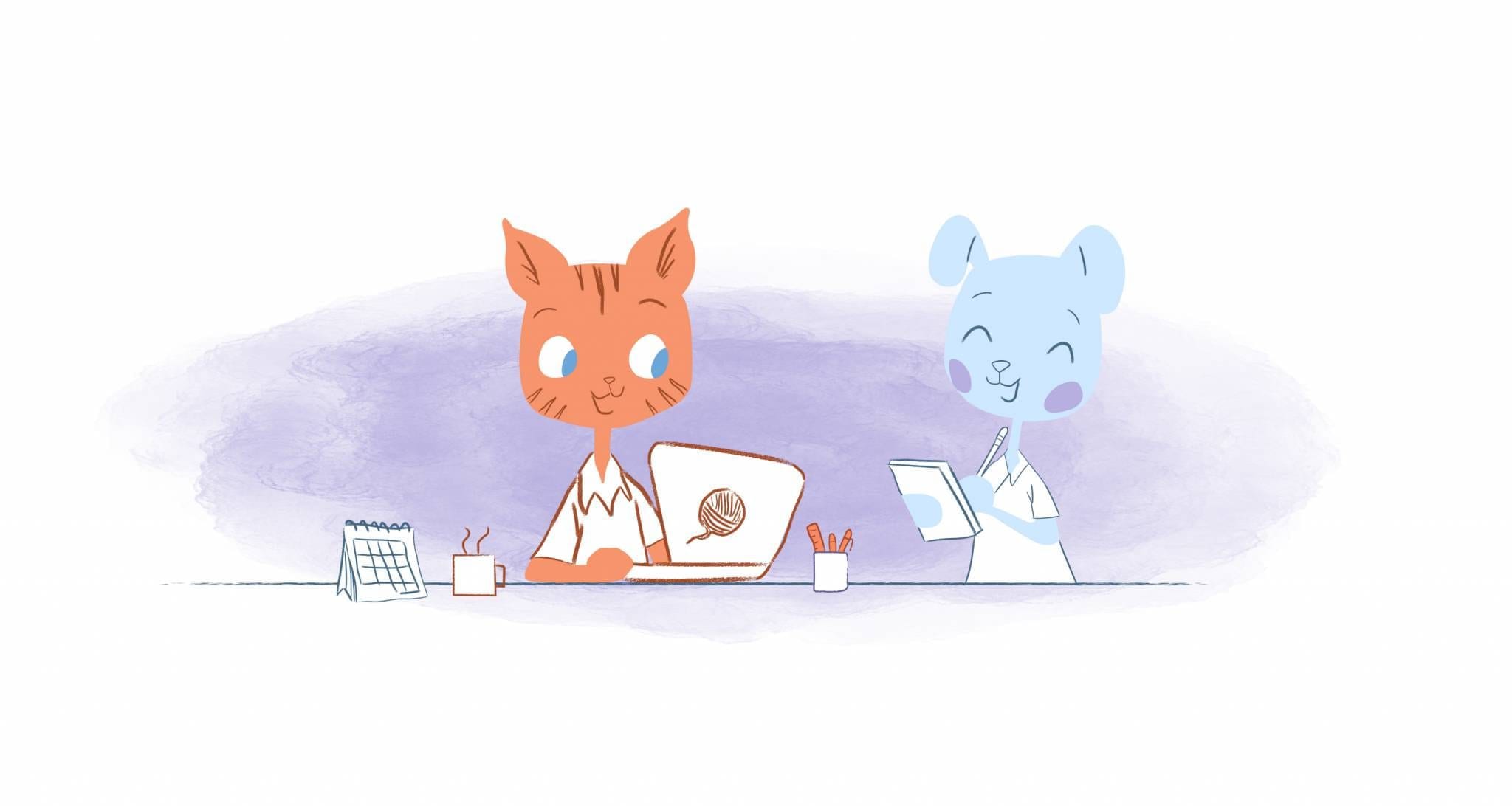

We often consider long hours to be a badge of honor in our fast-paced, achievement-oriented world. As a society, we glorify the “hustle culture,” where working late and sacrificing personal time are seen as necessary steps to success.
Suppose, however, that this relentless drive for productivity is actually leading us to burnout and not brilliance.
Let’s Talk Hustle Culture
Hustle culture, also known as grind culture or toxic productivity, means constantly striving for success and pushing yourself to the limit. With little regard for rest, self-care, or work-life balance, it’s characterized by intense focus on productivity, ambition, and success.
Some workplace environments or workplace cultures, such as entrepreneurship, promote hustle culture. As well as working beyond the normal 40 hours a week, it may also interfere with an individual’s personal life. Eventually, you may feel exhausted, stressed, and unfulfilled as a result of it. Ultimately, hustle culture leads to stress and fear, impairing you and/or your employees’ performance.
Hustle culture manifests in the following ways:
- Taking on excessive responsibilities out of obligation.
- Being hesitant to use sick days and even your full lunch break.
- Taking calls, texts, and emails after hours.
Although Elon Musk and Gary Vee advocate hustle culture, it can have negative effects on mental and physical health. Besides being detrimental to our health, hustle culture can lead to burnout, and increase social isolation. Furthermore, it can have adverse effects on mental health issues such as anxiety, depression, and stress.
The Paradox of Productivity
The more hours you work, the more output you’ll get, right? That’s not true. This myth has been debunked by numerous studies, revealing a disturbing truth.
According to a Stanford University study, productivity plummets once a workweek exceeds 50 hours. Over time, efficiency and output decline with every additional hour, with the 60-hour mark proving particularly detrimental.
Moreover, a Qualtrics survey based on a Qualtrics survey for Slack revealed that forty percent of 10,333 workers work after hours regularly. Additionally, half said they are under pressure to do so mostly because otherwise they do not have enough time or have too many competing priorities, not because they wish to work more hours.
Employees who log off after the normal workday, however, scored 20 percent higher in productivity compared to those who felt obligated to continue working.
In other words, think of it as running a marathon. During the first few miles, you start strong. After a while, fatigue sets in, your pace slows, and finishing becomes difficult.
The same is true with work. You don’t come up with brilliant ideas or complete tasks with laser focus during those long, tiring hours. Often, you’re prone to errors and distractions, and are just trying to “get through it.”
Additionally, work-life imbalance can negatively impact personal relationships and quality of life, resulting in decreased happiness and overall well-being.
Burnout: The Inevitable Crash
The inevitable consequence of chronic overwork is burnout, which is characterized by emotional, physical, and mental exhaustion. A variety of symptoms can be seen, including:
- Physical symptoms. Insomnia, fatigue, headaches, and digestive problems.
- Emotional symptoms. Loss of motivation, anxiety, irritability, cynicism.
- Cognitive symptoms. Low creativity, difficulty concentrating, forgetfulness.
The problem of burnout goes beyond personal health. There are also significant organizational implications:
- An increase in absenteeism and presenteeism. Specifically, working while unproductive due to illness.
- A higher turnover rate of employees.
- A reduction in collaboration and innovation.
- Work quality deteriorates and errors increase.
We Do We Fall into the Hustle Culture Trap
So why do we continue to believe in the myth of the productive overachiever? This cultural blind spot is caused by several factors:
- The cult of productivity. To-do lists, time management tools, and productivity hacks fill our days. That pressure to “do” continually makes us want to work longer and accomplish more.
- Social norms. Long working hours are often celebrated in our workplaces, implying that dedicated employees are measured by their physical presence rather than by their actual performance.
- The “always-on” culture. Our inboxes are constantly flooded with emails and notifications, and we are expected to be available 24 hours a day. A sense of urgency is created by this, making it difficult to truly disconnect.
- FOMO. In order to keep up with others, we work long hours and achieve success. Competitive pressure can lead to extended work hours, even when they aren’t actually productive.
- The glorification of overwork. For ambitious and driven individuals, hustle culture can be hard to resist, as it celebrates the idea of working hard.
- Personal aspirations. The desire to constantly prove one’s worth is common among individuals who define their self-worth through their work.
Breaking Free from the Hustle Trap
The first step towards challenging the hustle culture? Raising awareness about its negative effects. It is important to educate ourselves and others about the science behind overwork and its adverse effects.
Awareness alone, however, is not sufficient. We need to break free from the myth of the marathon worker, so how do we develop a culture that is sustainable and well-balanced?
You can take the following steps as an individual or as an organization:
For Individuals:
- Set clear boundaries between work and personal life. Make sure your work and personal lives are clearly separated with set schedules. When you are not at work, avoid checking work emails or making calls.
- Invest in your well-being. You should make time for activities that will nourish your body, mind, and soul. You could do this by exercising, meditating, spending time in nature, or connecting with family and friends. Ensure that you get enough sleep and eat nutritious foods as well.
- Prioritize ruthlessly. All tasks are not created equal. Decide which tasks are most important to you and focus on them first. Free up your time and energy by delegating or eliminating less important tasks.
- Learn to say no. In case you’re already overloaded, don’t hesitate to decline additional work politely.
- Take breaks. It is essential to take regular breaks to maintain focus and prevent burnout. Try moving around, walking outside, or simply closing your eyes for a few minutes.
- Practice time management. A 40-hour week and eight-hour day are advocated by Basecamp co-founder David Heinemeier Hansson. “That’s all you need,” he said. “If you can turn that into having 2–3–4 hours of uninterrupted time, you’ll run circles around people who are working twice as long, just thrashing all over the place, spinning their wheels, and producing a lot of smoke.” Rather than aimlessly working long, hard hours, Hansson believes time management is more effective.
- Be open and honest in your communication. If you need assistance, discuss your workload and concerns with your supervisor.
- Disconnect from technology. The constant checking of emails and notifications creates unnecessary stress. Avoid checking work-related notifications outside of working hours by scheduling specific times.
- Challenge the culture. Make your voice heard about unhealthy work practices and promote a culture that values sustainable productivity and well-being.
For Organizations:
Individuals are not the only ones responsible for creating a healthier work culture. It is also the responsibility of organizations to promote work-life balance and prevent burnout.
The following are some things companies can do:
- Implement flexible work arrangements. You can allow employees to work remotely, set flexible hours, or take compressed workweeks.
- Encourage employees to take time off. Help employees recharge and disconnect by providing paid time off and break rooms.
- Set realistic expectations. Make sure employees know what they’re supposed to do and don’t overload them.
- Focus on output, not just hours worked. Do not evaluate employees by the number of hours they work but by their achievements.
- Create a culture of well-being. Encourage open communication about mental health with your team. You can also provide resources and support for mental health, as well as opportunities for stress management.
- Lead by example. In order to set a good example, managers should take breaks, use their vacation time, and avoid working after hours.
Overall, workplace cultures that value well-being and productivity can lead to happier, healthier, and more productive employees.
Conclusion
Ignore the myth that long hours lead to productivity. Setting healthy boundaries and prioritizing our well-being will help us create a more fulfilling and sustainable work life. It’s time for us to break free from the hustle trap and embrace a work-life balance that allows us to achieve true success and productivity.
Keep in mind that your health and well-being are the most valuable assets you have. Put them first before a few extra hours at work.
FAQs
Is it true that working long hours leads to burnout more than productivity?
It is clear from research and data that long working hours are inversely proportional to productivity and directly related to burnout. In spite of the fact that individual cases may differ, several studies support this idea:
- According to the already mentioned Slack survey, those who work extra hours are 20% less productive than those who stop working at the end of their standard work day, often a 9-to-5. Moreover, they reported 2.1 times more work-related stress, 1.7 times less satisfaction with their work environment, and two times more burnout.
- Burnout is significantly increased by working more than 40 hours per week, with the effect becoming stronger at 60+ hours per week.
- In addition to contributing to stress and burnout, employees who work long hours often skip breaks.
Why do long hours lead to burnout instead of productivity?
This phenomenon is influenced by several factors:
- Decreased cognitive function. Working long hours affects focus, problem-solving skills, and creativity negatively.
- Increased stress and anxiety. Working tirelessly can cause emotional exhaustion and cynicism as a result of undue pressure.
- Work-life imbalance. Working excessively disrupts personal life, causing stress and negatively impacting overall health.
- Diminished motivation. The result of working beyond capacity is often lower morale and decreased motivation, which results in unproductive hours.
What are the risks of always working hard?
When you’re passionate about what you do, working long hours may not seem like a burden at first. It is risky to stretch yourself too thin over the long term.
Working over 55 hours a week increases your risk of stroke by 35% and heart disease by 17%, according to the WHO.
There is even an official cause of death for overworking (known as karoshi) in Japan. Due to guilt and work pressure, employees who work long hours and don’t take any time off suffer from karoshi.
Are there any exceptions to this rule?
Depending on the nature of your work, some professions require occasional extended hours, such as startup founders, healthcare, or emergency services. To prevent burnout even in these cases, regular breaks, proper scheduling, and strong support systems are essential.
What if I’m already experiencing burnout?
When you feel burned out, you should:
- Seek professional help. Support and strategies for coping with burnout can be provided by a therapist.
- Reduce workload. It may be possible to delegate tasks, take a leave of absence, or change your role with the help of your manager, colleagues, or clients.
- Focus on self-care. Make rest, relaxation, and healthy activities a priority.
- Connect with others. Don’t be afraid to talk about your struggles with family and friends who are supportive.
Image Credit: Tnarg; Pexels











John Hall
John Hall is the co-founder of Calendar a scheduling and time management app. He’s also a keynote speaker that you can book at http://www.johnhallspeaking.com.